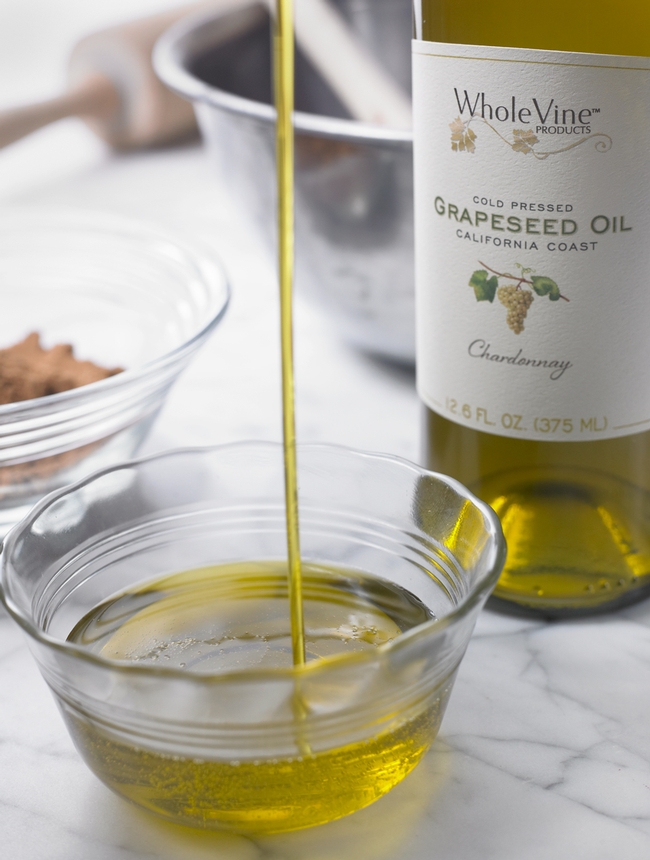I attended the Fancy Food Show in San Francisco in January and I was delighted with the offerings from local companies near UC Davis. Since I attended this vast international exhibit, I have purchased several local products that I discovered at the show. The exhibit was so large, I was only able to see half of it in a day. I met Matthieu Kohlmeyer, the French CEO and General Manager of La Tourangelle, whose walnut oils are processed 15 minutes away in Woodland.
I was also impressed with Mezzetta pasta sauces from Napa. I have purchased their olives and fire-roasted peppers for years, so why did I fail to notice their pasta sauce among the endless brands on the shelves? Unfortunately, my favorite in their line, Puttanesca, was not on the shelf at my grocer, but I found the spicy Arrabbiata, my second favorite tasting at the show.
As I looked for the locals I looked in vain for a local grape seed oil. The Italians were selling grape seed oil at wholesale prices that were surprisingly low. Meanwhile, I knew that grape seeds in our nearby wine regions are still largely treated as waste, just as UC Davis olives were treated before our former grounds manager Sal Genito partnered with a local olive oil company to launch a gourmet brand of oil at UC Davis.

Not surprisingly, UC Davis was involved. Sharon Shoemaker, director of the UC Davis' California Institute of Food and Agricultural Research (CIFAR), was interviewed about her role in helping SonomaCeuticals tap into campus expertise. WholeVine grape seed oil is cold pressed, allowing it to retain the natural flavors of chardonnay, zinfandel, reisling and other winegrape seeds. The flavor provides an added bonus to a naturally high smoke point and health benefits. This commands a higher price than imported oils and allows the firm to compete in this market.
Shoemaker and her program CIFAR (see-far) are champions of campus research. Since 1992, her dynamic energy has been sustained through private enterprises that pay for her business-friendly conferences and services to benefit small and large concerns. Rarely does the public see how often executives drop in to tap into UC Davis resources. This happens behind the scenes with little fanfare, except this time, when the nuances of a new product triumph came to light on the food page. All of us can now enjoy the benefits.